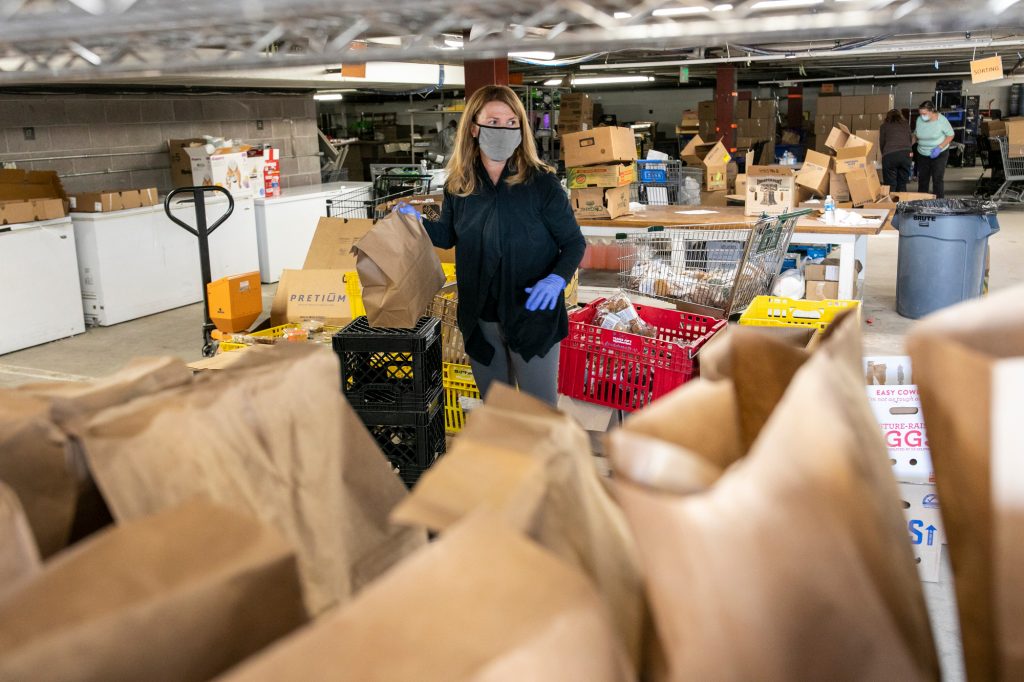
The Impact Of Food Pantries In Denver: A Comprehensive Overview
In the heart of Denver, a silent yet profound revolution is taking place. It’s not characterized by fiery speeches or dramatic headlines but by the quiet, persistent efforts of food pantries. These community-driven initiatives are addressing one of the most pressing issues faced by our city: food insecurity. In this article, we’ll delve into the impact of food pantries in Denver, shedding light on the comprehensive role they play in nourishing and uplifting our community.
1. Feeding The Hungry
At its core, the primary mission of a food pantry Denver is to provide a lifeline to those who struggle with hunger. These organizations, often staffed by dedicated volunteers, serve as crucial sources of nourishment for individuals and families facing financial hardships. They ensure that no one in Denver has to go to bed hungry, offering a wide range of staple foods, fresh produce, and even culturally relevant items to meet diverse dietary needs.
2. Fostering Community Connections
Food pantries serve as more than just food distribution centers; they are hubs of connection and support. They bring together people from various backgrounds, creating a sense of unity and shared purpose. Volunteers and recipients alike become part of a close-knit community that extends beyond food provision, offering emotional and social support to those who may feel isolated in their struggle.
3. Alleviating Financial Stress
For many Denver residents, food pantries provide a lifeline that eases the burden of financial stress. By offering free groceries and essential food items, these organizations help individuals and families allocate their limited resources to other pressing needs, such as housing, utilities, and healthcare. In this way, food pantries contribute to overall financial stability and well-being.
4. Nurturing Health And Well-Being
Access to nutritious food is a fundamental aspect of good health. Food pantries recognize this and aim to provide not only sustenance but also nourishment. They often collaborate with healthcare professionals and nutritionists to ensure that the food they distribute is as healthful as possible. By addressing food insecurity, they indirectly promote better health outcomes in our community.
5. Supporting Vulnerable Populations
Supporting vulnerable groups in Denver, such as children, seniors, and those with disabilities, is one of the most important roles that Denver’s food banks serve. The one-of-a-kind nutritional requirements of these demographics are addressed by a number of these organizations’ specific programming offerings. They make an important contribution to the overall well-being of the individuals in our community who are most at risk.
6. Reducing Food Waste And Promoting Sustainability
In the fight against food waste, food pantries are unsung heroes. They rescue surplus food that might otherwise end up in landfills and redistribute it to those in need. By doing so, they not only address hunger but also promote environmental sustainability. This dual impact makes food pantries a powerful force for positive change in Denver.
7. Inspiring Acts Of Kindness
The impact of food pantries extends far beyond the food they distribute. They inspire acts of kindness and generosity within our community. People who have benefited from these organizations often become volunteers themselves, paying forward the help they once received. This ripple effect of goodwill strengthens the social fabric of Denver.
Conclusion
The impact of food pantries in Denver is profound and multifaceted. These organizations are not mere providers of sustenance; they are pillars of strength, compassion, and hope. By addressing food insecurity, fostering community connections, and promoting sustainability, food pantries contribute to a healthier, more resilient Denver. Their impact extends beyond food, touching the lives of countless individuals and families, and reminding us that when a community comes together, it can overcome even the most challenging of circumstances.